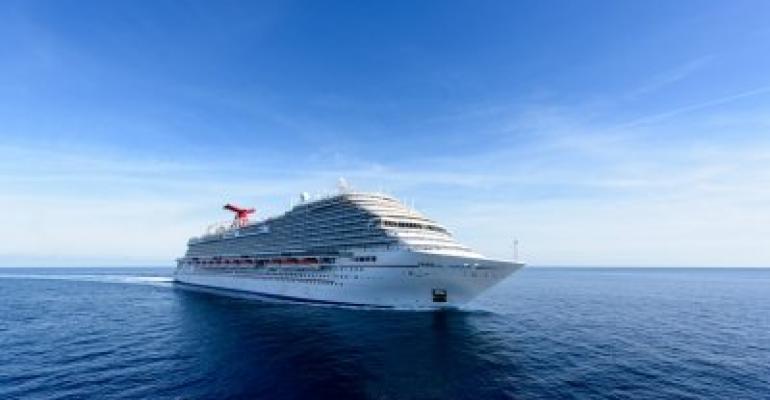The study also concluded that the wash-water samples from EGCS or scrubbers – were below the limits set by several major national and international water quality and land-based water discharge standards to provide further proof of the quality and safety of the wash water, even when compared to criteria like drinking water.
Largest wash-water data in marine sector
The study included 281 wash-water samples from 53 Carnival Corp ships equipped with the systems, creating the largest wash-water data set in the marine industry. Over 70 ships in the Carnival fleet are installed with EGCS.
The samples were analyzed for 54 parameters by independent laboratories accredited by the International Organization for Standardization (ISO), using standardized EPA methods. Following the lab phase, DNV GL, reviewed the laboratory test data, comparing the results to major point source discharge limits and water quality standards.
IMO wash-water requirements
Specific to IMO wash-water requirements, the study confirmed results from previous studies showing the quality of the water used in the Advanced Air Quality Systems process was always far below the IMO monitoring limits for polycyclic aromatic hydrocarbons (PAHs) and the annual limits for nitrates. In fact, when measured against IMO standards, the average wash-water test results in this study were over 90% lower than maximum allowable levels. In many cases, the materials were completely undetectable in the laboratory testing process.
Additionally, the report compared the samples to selected national and international water quality benchmark standards, including the German Waste Water Ordinance, the EU Industrial Emissions and the Surface Water Standards of the EU’s Water Framework Directive. The World Health Organization’s (WHO) drinking water guidelines were also evaluated.
The Advanced Air Quality Systems test results compared favorably with all of these major benchmark standards, demonstrating that the composition of the water was not only consistently below, but in most cases, significantly below the most stringent limits.
‘We are pleased to see the positive results of this multi-year study, which included in-depth analysis and review from respected independent experts, demonstrating the overall quality of our Advanced Air Quality Systems wash water and further confirming the IMO’s acceptance of these systems for 2020 regulatory compliance,’ said Mike Kaczmarek, svp for marine technology for Carnival Corp.
‘Based on extensive emissions testing, we know that our Advanced Air Quality Systems in some ways outperform marine gasoil (MGO) in providing cleaner air emissions. And although we have known for a long time that the quality of water being returned to the sea is at a high level, based on our years of development of this data set, it was important to release the findings publicly as the latest scientific evidence showing the actual water quality. This is completely consistent with the commitments we have made to our sustainability goals, and to protecting the ocean environment and the destinations we visit around the world.’
Kaczmarek added: ‘comparing scrubber wash water to both existing IMO requirements and also various other major water standards is useful to provide an informed perspective and to illustrate wash-water quality in a way that is easy to understand. These comparisons also provide relatable criteria for a number of specific parameters for Advanced Air Quality Systems, such as PAH concentrations, that are included within these standards.’
Other recent major studies addressing the environmental performance of these systems in the marine environment include a June 2018 report by Japan’s Ministry of Land, Infrastructure, Transport and Tourism on the ‘Impact of EGCS on the Marine Environment,’ which showed evidence strongly supporting scrubbers as a safe and effective option for IMO 2020 compliance.
Copyright © 2024. All rights reserved. Seatrade, a trading name of Informa Markets (UK) Limited. Add Seatrade Cruise News to your Google News feed.


